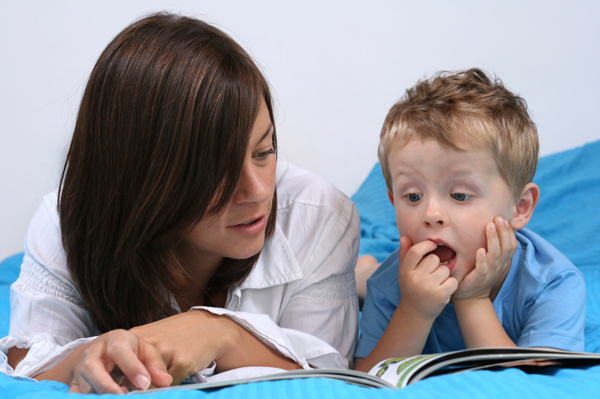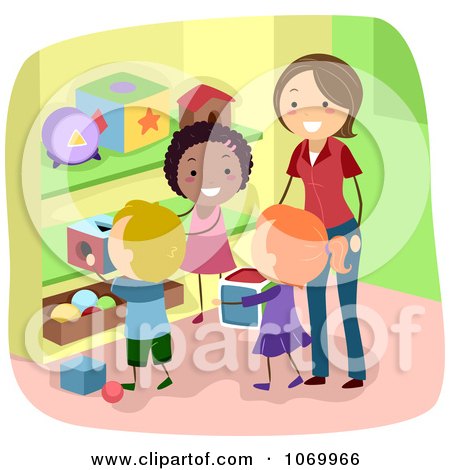It is sometimes easier to pretend an issue or feeling doesn't exist and just "move on” or try to "be happy anyway" than to actually face the underlying issue and deal with it. Ignoring the more unpleasant feelings – such as sadness or anger - doesn't make them go away, rather, it causes these emotions to come out at times we don't anticipate. It is in these moments that they seem to take control over us. Some examples of this may be yelling at our children, getting annoyed at a spouse for minor details, or frequently feeling tired and depressed. It is becoming more and more widely accepted that pushing aside your emotions may even cause problems with physical health.
“Negative” feelings are certainly unpleasant, but they are deeper than just a pain in the neck (although they can cause those too…): they are usually a signal, sent up by your subconscious, that something needs to change. How? The first step is figuring out what it is that is really bothering you…
1)Accept your feelings and take the time to pinpoint the issue:
 It is not always easy to understand a feeling when it arises, especially if you think you shouldn't feel it. It can be scary, but the first thing to do is to let go of “should”. Judging your emotions throws up a psychic road-block and makes it fairly impossible to access them. Once you remove the added burden of judgment, you will begin to see the feelings more clearly. Remember that no feeling is bad in and of itself. Any and all of your feelings are acceptable, it is what we choose to do with them and how we channel them that is important.
It is not always easy to understand a feeling when it arises, especially if you think you shouldn't feel it. It can be scary, but the first thing to do is to let go of “should”. Judging your emotions throws up a psychic road-block and makes it fairly impossible to access them. Once you remove the added burden of judgment, you will begin to see the feelings more clearly. Remember that no feeling is bad in and of itself. Any and all of your feelings are acceptable, it is what we choose to do with them and how we channel them that is important.
With the new clarity you gain from ceasing to judge your emotions, it will be easier to try to pinpoint exactly what you feel and then begin to reflect on what might be the cause. Where are the feelings coming from? Are they being churned up by our thoughts alone, or by actual events: did something just happen to trigger a feeling that bothered us as a child? For example, did someone say something inappropriate or offensive to you, and you then found yourself not standing up for yourself? Stopping to think about what brought on the specific feeling is the first step to dealing with it. This may take a lot of time and effort at first, but once you get to know your feelings and where they come from, and once you become more familiar with your own thought process, identifying and understanding the feeling will become a lot easier.
Almost like magic, knowing where the feeling came from and even simply acknowledging your feeling seems to disarm the feeling and take away its ability to take control of you. It’s as if your feeling can then say "OK, thanks for noticing me, now you don't need to take me out on others (or on yourself by overeating, going on the computer, or some other behavior to avoid the feeling).” What a relief!
2) Figure out what you want:
 Now that you know what it is that’s bothering you… what do you want? Do you want to feel… calm? Happy? More energetic? It may seem obvious that one would want to feel just the opposite of how one is feeling, but it is important to clearly see and state your goals for your feelings in order to replace the “negative” thoughts and feelings with positive ones. If you want to create a new route, you must take away the old road, but you must also build a new road. Clearly stating your goals gives you the construction plan for this new road.
Now that you know what it is that’s bothering you… what do you want? Do you want to feel… calm? Happy? More energetic? It may seem obvious that one would want to feel just the opposite of how one is feeling, but it is important to clearly see and state your goals for your feelings in order to replace the “negative” thoughts and feelings with positive ones. If you want to create a new route, you must take away the old road, but you must also build a new road. Clearly stating your goals gives you the construction plan for this new road.
3) Take an active role in achieving your goal:
4) Make taking care of yourself a priority:
 When we are feeling good, it is easier to deal with our emotions within the right frame of mind. Trying to get enough sleep, eating foods that make us feel energized, and getting exercise can help bring out the best in a person. Showing our children that we take care of ourselves both physically and emotionally is the best way for them to learn to do the same. Saying something to your children in a difficult moment like "Mom is feeling sad. I need to go think about what is bothering me so that I can feel better and deal with it appropriately," can teach kids to do the same.
When we are feeling good, it is easier to deal with our emotions within the right frame of mind. Trying to get enough sleep, eating foods that make us feel energized, and getting exercise can help bring out the best in a person. Showing our children that we take care of ourselves both physically and emotionally is the best way for them to learn to do the same. Saying something to your children in a difficult moment like "Mom is feeling sad. I need to go think about what is bothering me so that I can feel better and deal with it appropriately," can teach kids to do the same.
We are all human beings, filled with all kinds of emotions. Taking control as well as gaining the upper hand takes discipline and practice, and like anything that we are just beginning to work at, it will seem difficult at first. Being kind and patient with yourself helps. The art of "getting to know yourself," will get easier and easier which will lead to a sense of mastery and empowerment! :)

















